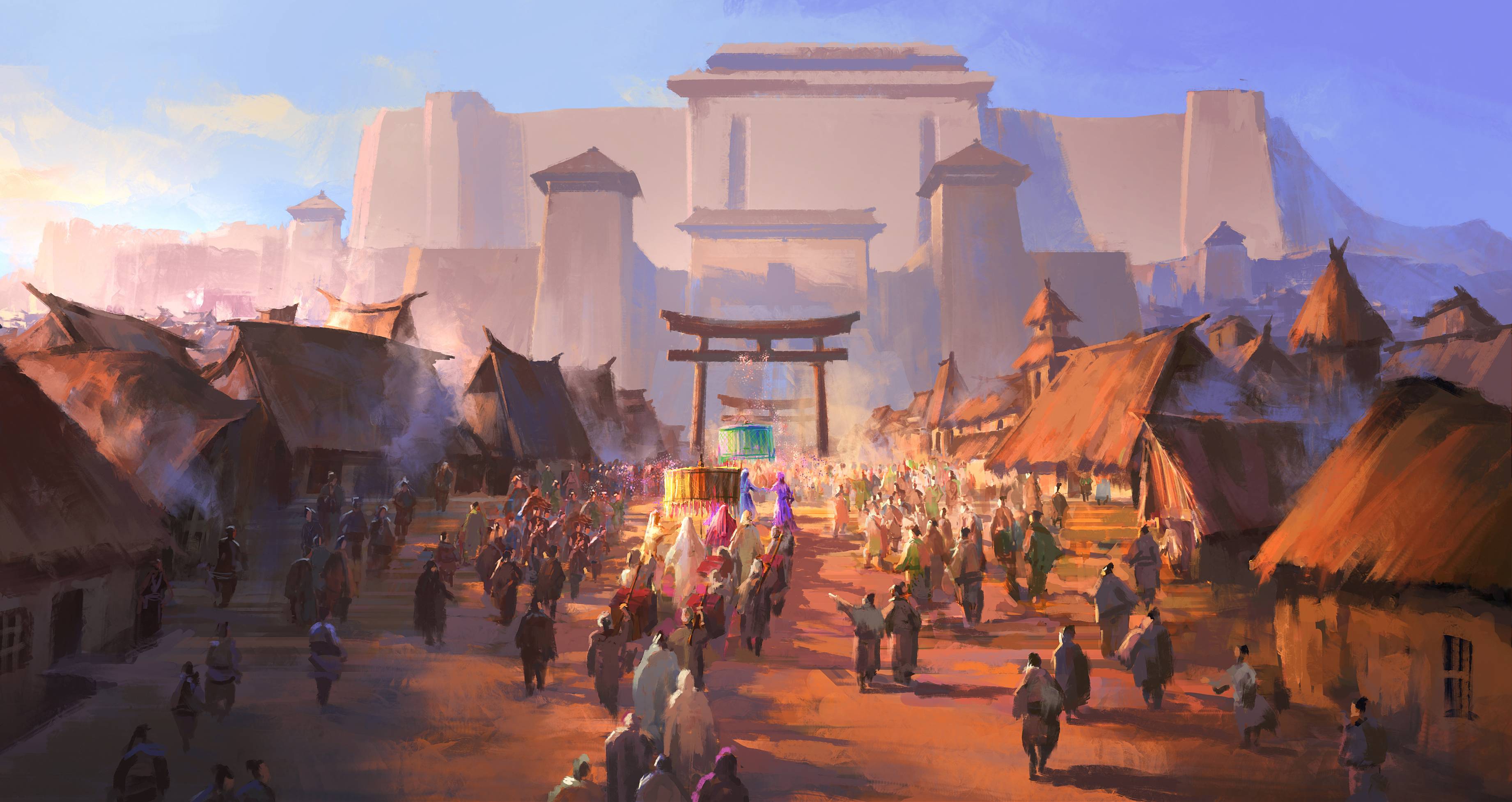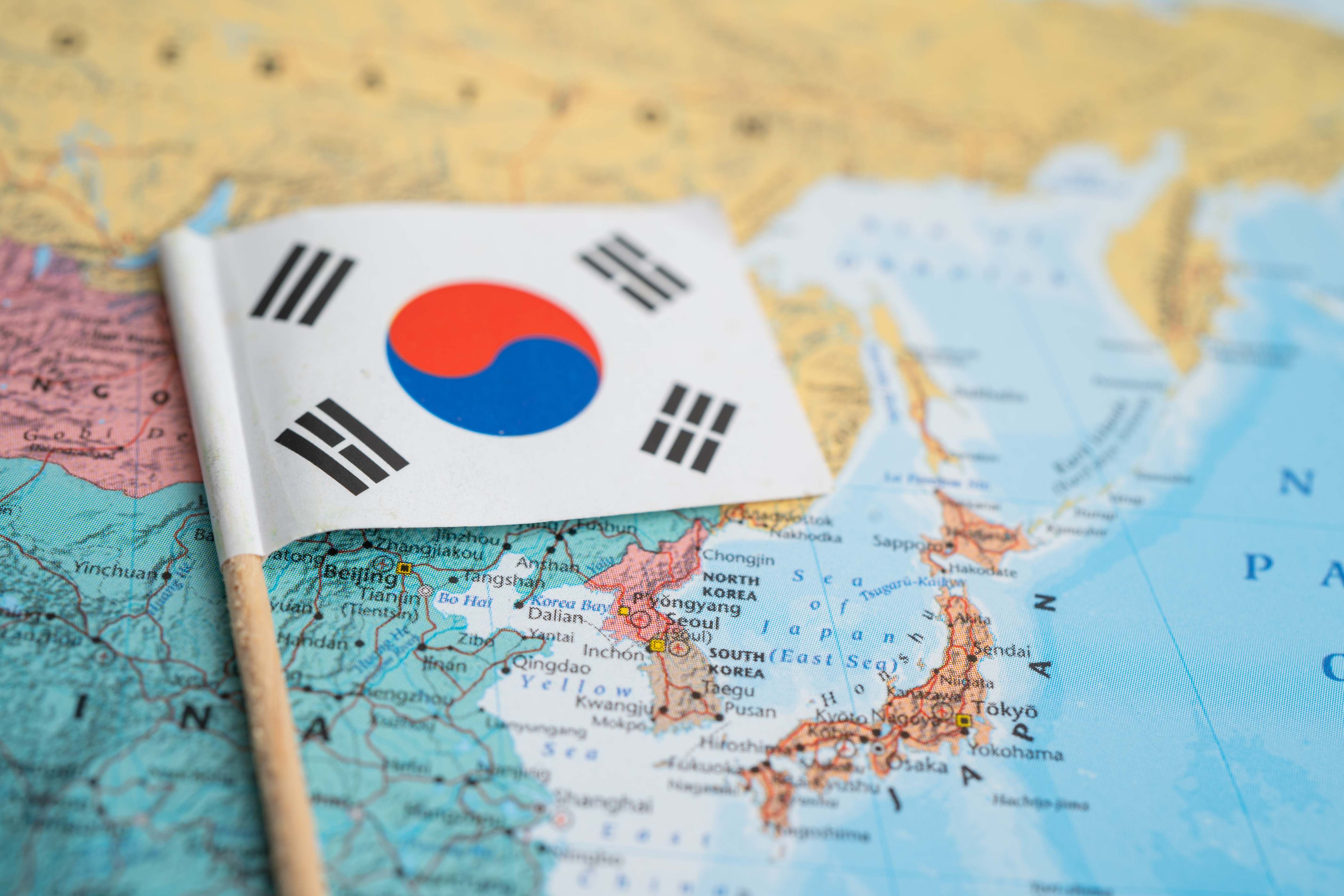Issue Brief
Concise pieces analysing the relevance, scope and impact of pertinent issues affecting Asia
(Views mentioned in the Issue Brief belong to the author(s) alone.)
Ratish Mehta
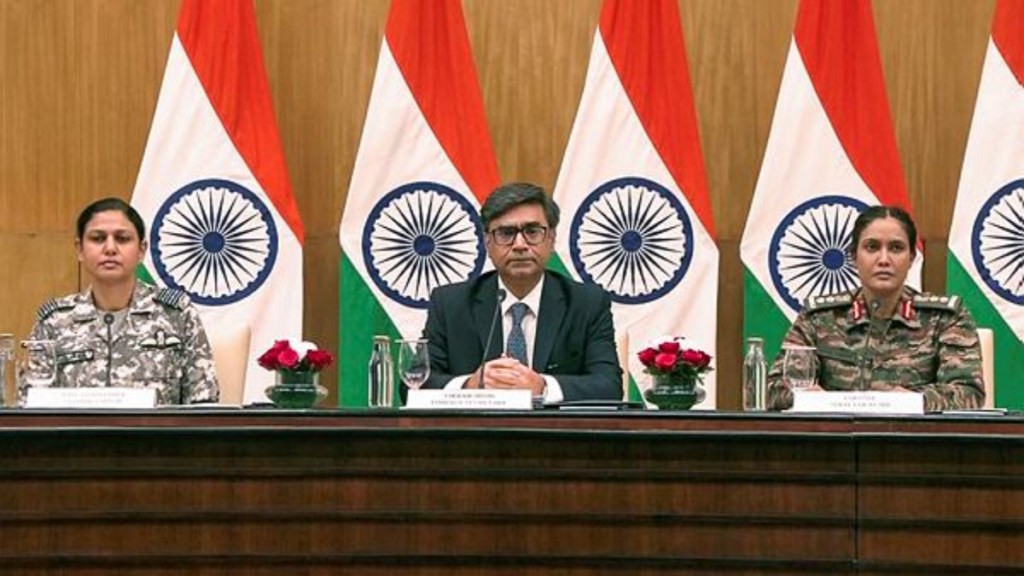

INDIA'S NARRATIVE STRATEGY AFTER PAHALGAM
Towards a National Comprehensive Framework in the Age of Information Warfare
Dr Sundaram Rajasimman


21st CENTURY MARITIME SILK ROAD: PORT INFRASTRUCTURE AS ITS BUILDING BLOCK
Part 2
Dr Sundaram Rajasimman
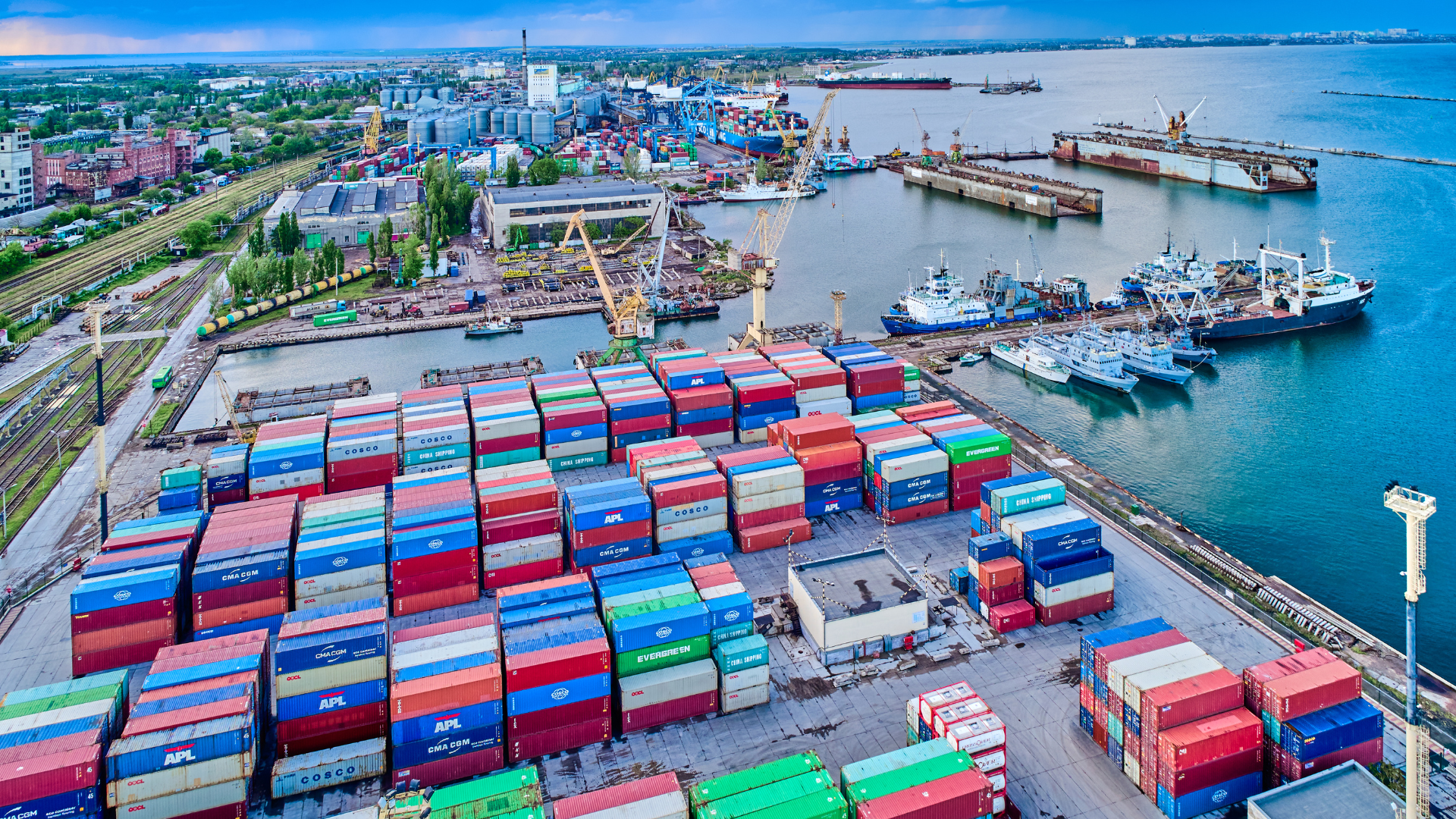

21st CENTURY MARITIME SILK ROAD: PORT INFRASTRUCTURE AS ITS BUILDING BLOCK
Part 1
Omkar Bhole


BALANCING THE HIMALAYAN NEIGHBOURS: UNPACKING NEPAL’S PUBLIC PERCEPTION OF INDIA AND CHINA
This Issue Brief is based on public perception survey conducted by the author in Kathmandu, Nepal in January 2025
Ophelia Yumlembam


CHINA'S STRATEGIC ENCROACHMENT IN INDIA'S NORTHEAST
Implications for New Delhi's Act East Policy
Aditya Kant Ghising
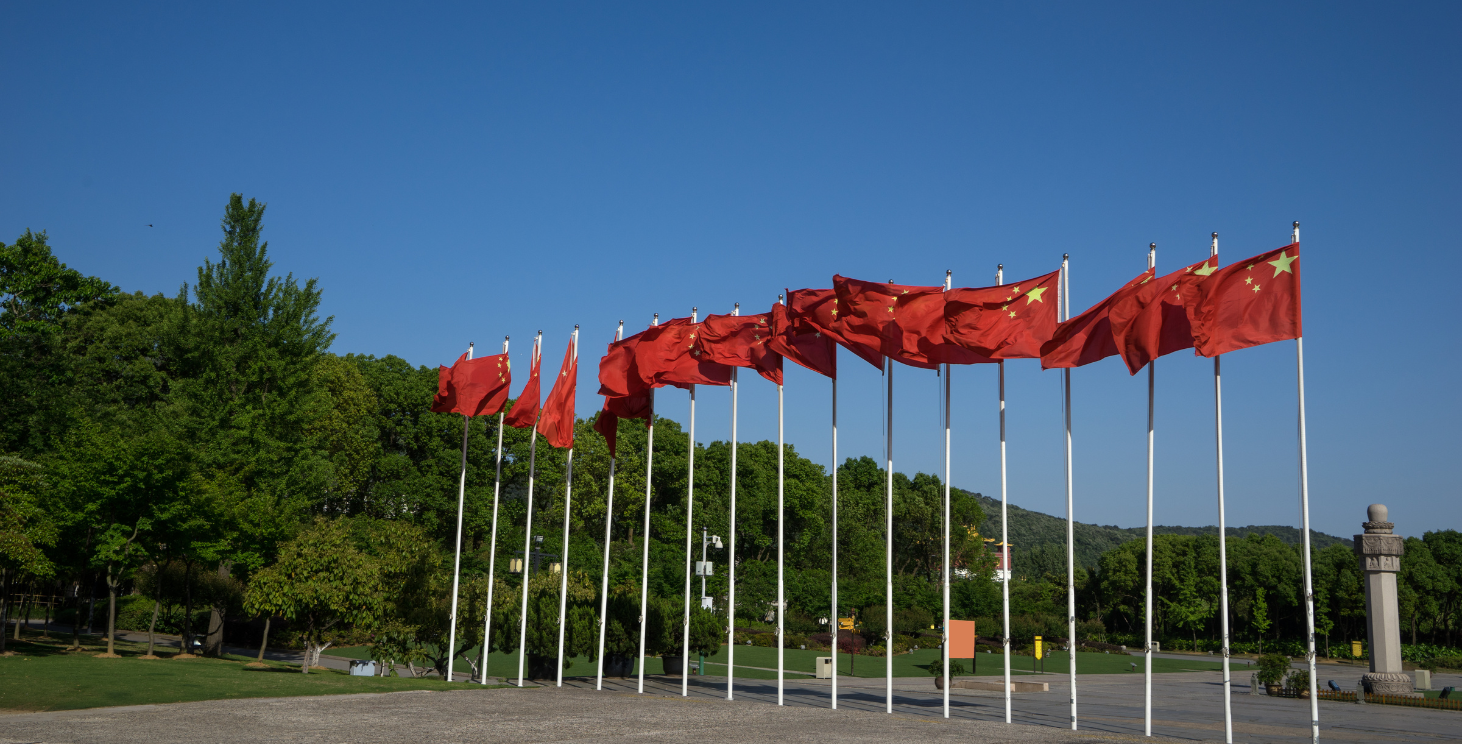

THE COMMUNIST PARTY’S MODEL OF GOVERNANCE IN THE PEOPLE’S REPUBLIC OF CHINA
Evolving Paradigms and Perspectives
Sachin Singh


A COMPARATIVE ANALYSIS OF MAO AND DENG’S ECONOMIC MODELS
Agricultural and Industrial Sector
Sachin Singh
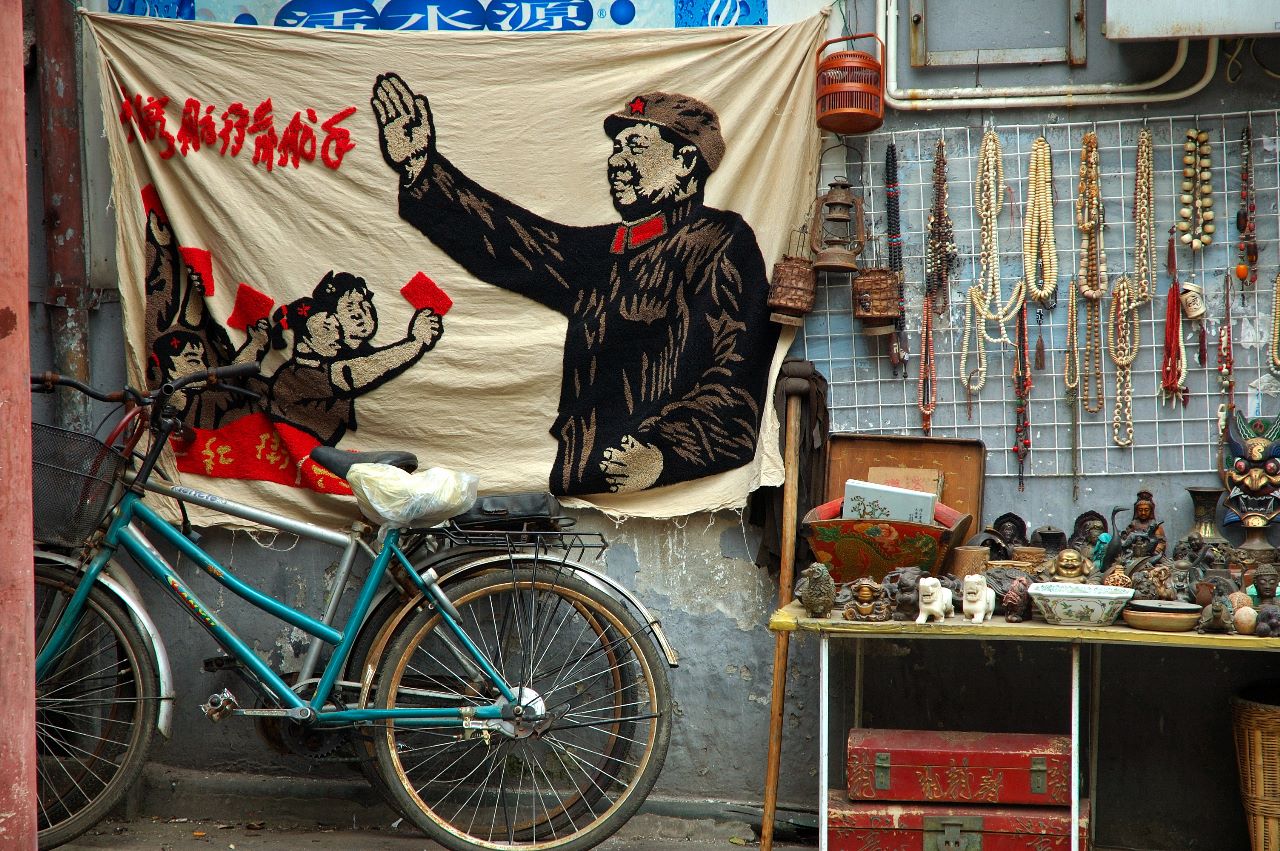

A RETROSPECTIVE ANALYSIS OF MAO ZEDONG THOUGHT AND ITS MODERN DAY RELEVANCE
Examining the Helmsman's Legacy
Jay Maniyar
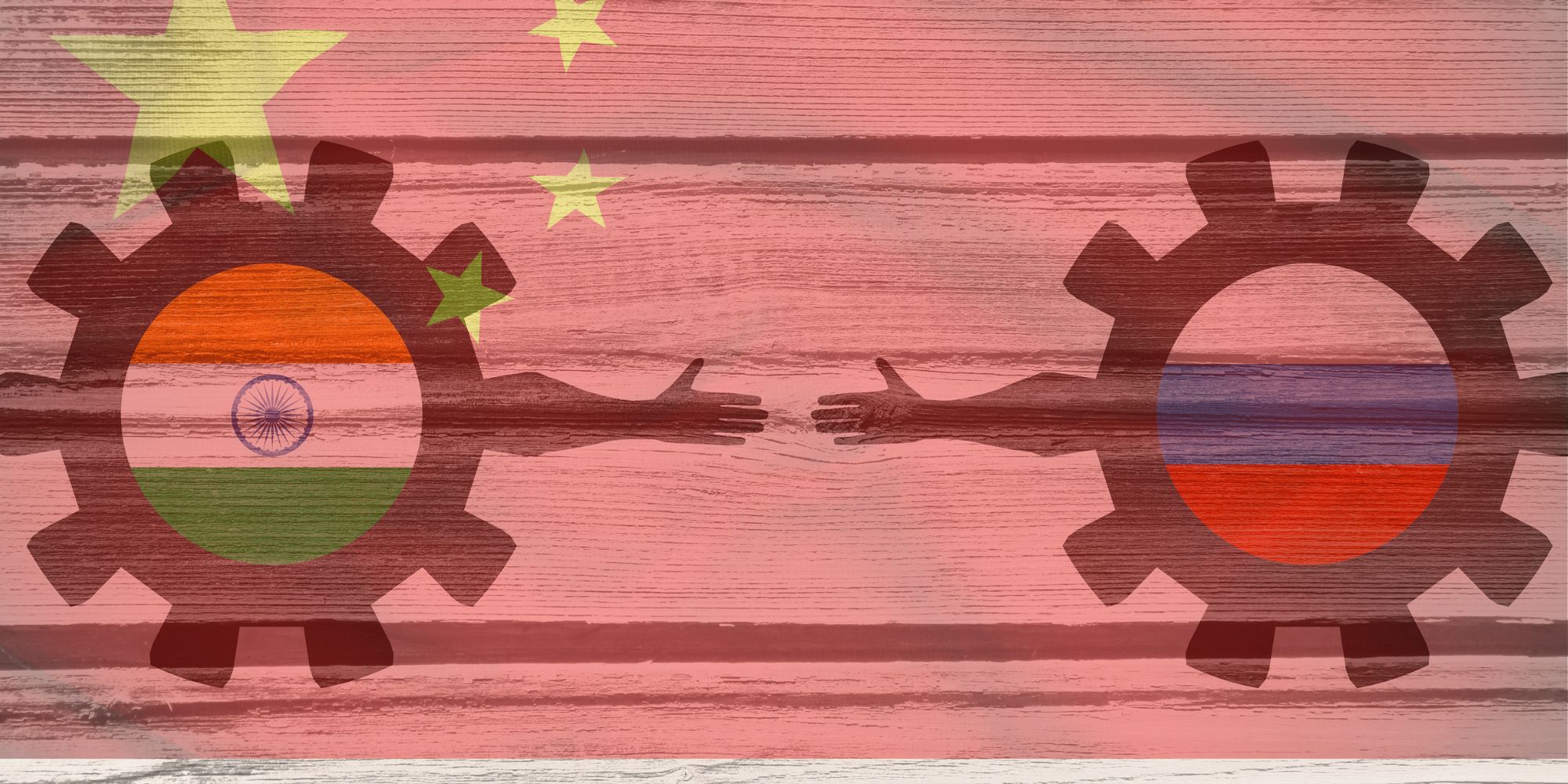

SECURITY ARCHITECTURES FOR MIDDLE POWERS
India-Japan-South Korea And The Maritime Domain
Nichole Ballawar
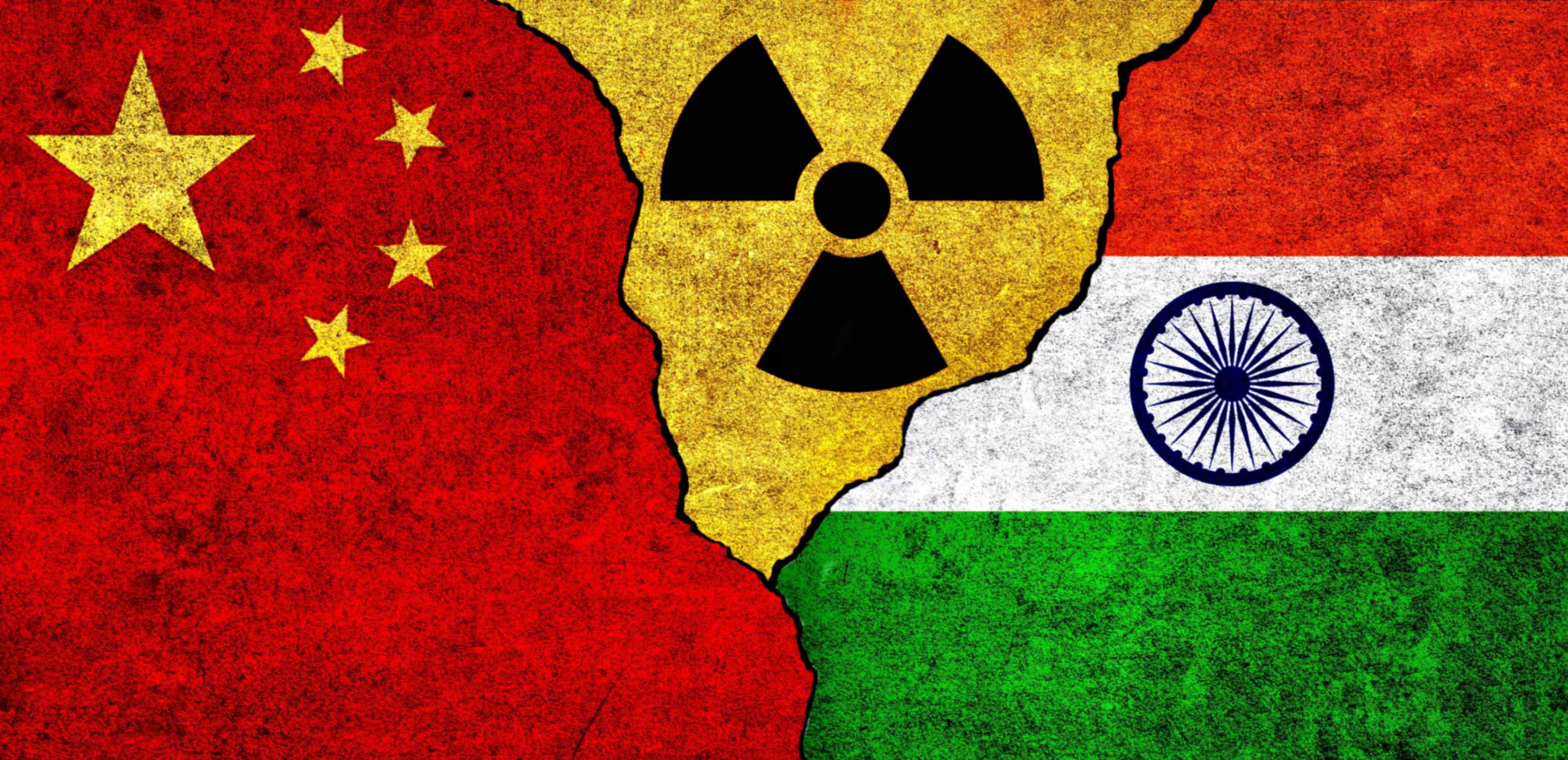

ANALYSING CHINA’S NUCLEAR CAPABILITIES AND IMPLICATIONS FOR INDIA
India-China Nuclear Dynamics in Motion
Shreyas Deshmukh


POLITICAL WILL VERSUS REQUISITE POLICY
Analysing Pakistan’s national security policy
Sruthi Kalyani
.jpg)
.jpg)
THE INTELLIGENTISATION OF SOCIAL GOVERNANCE
The rise of the Chinese Surveillance State


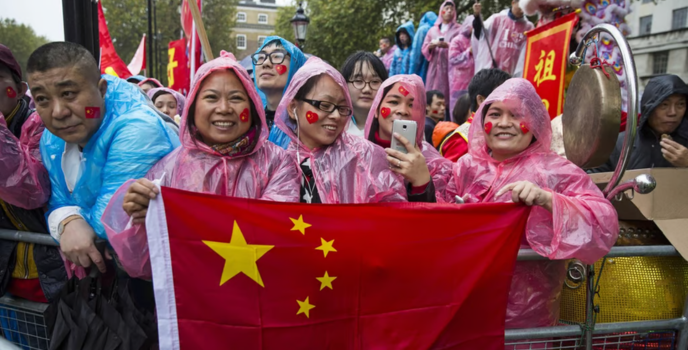



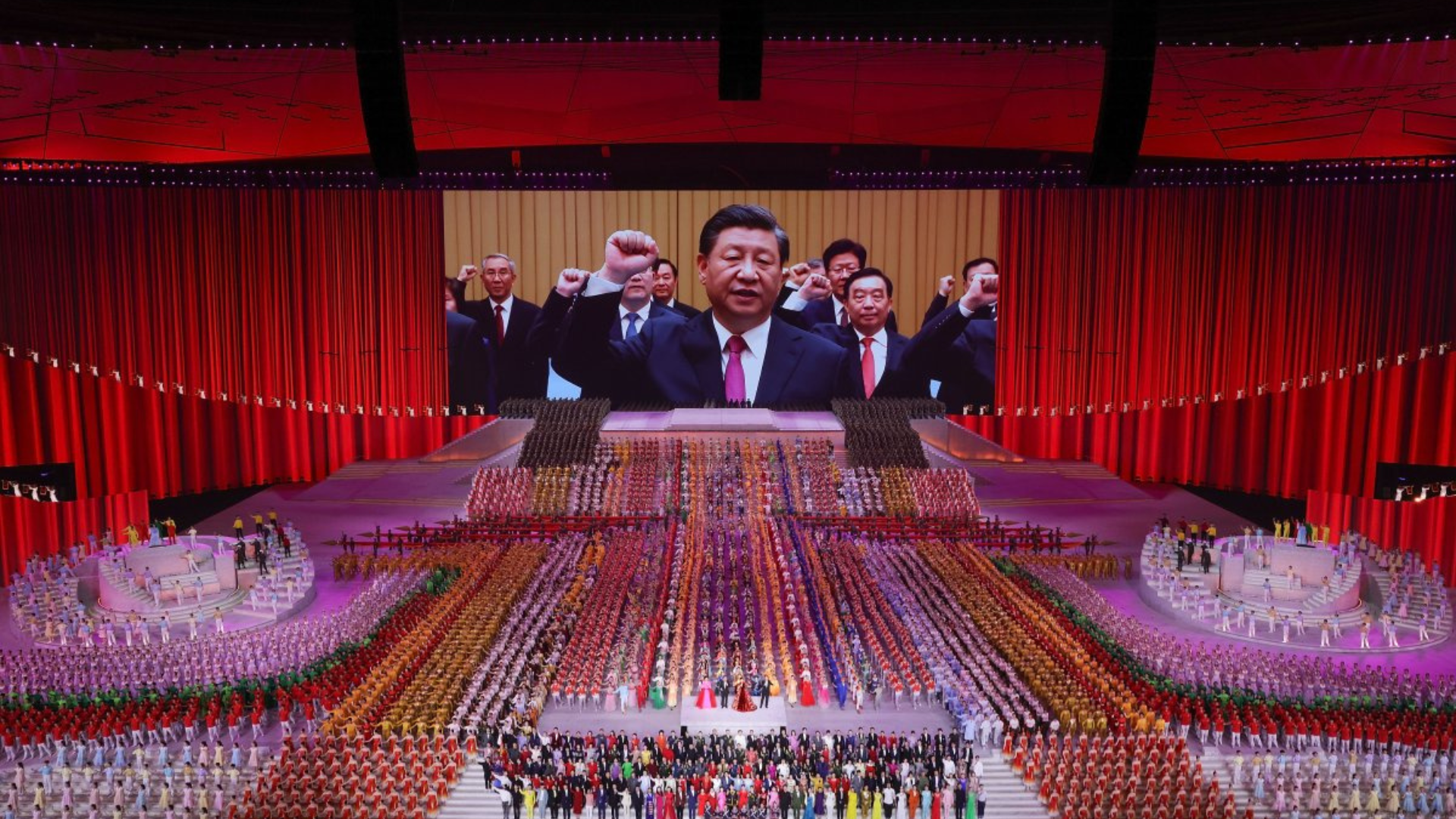
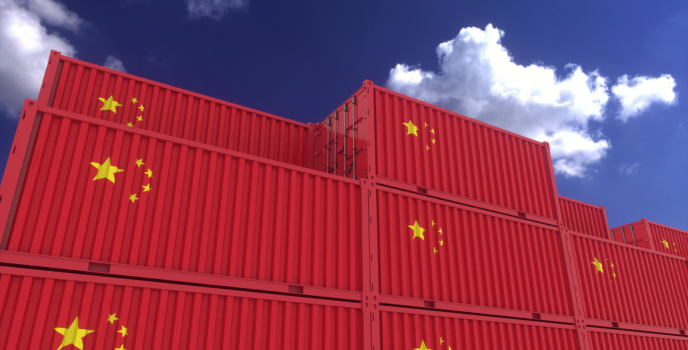
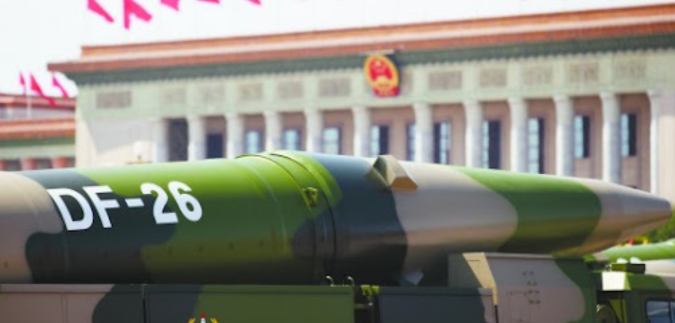

.jpg)


.jpg)

